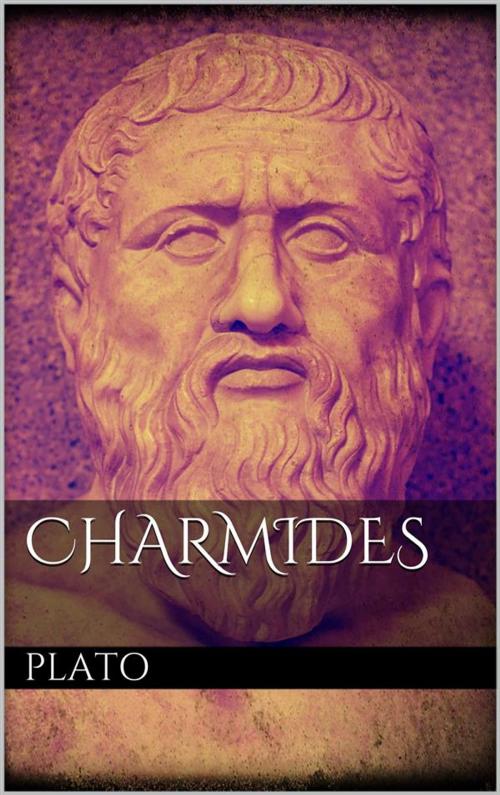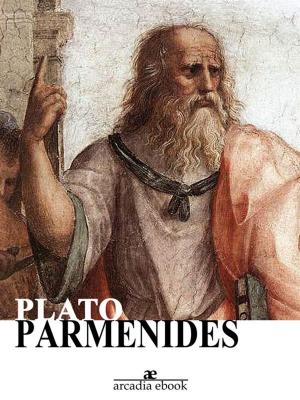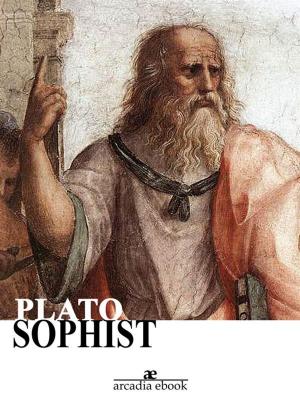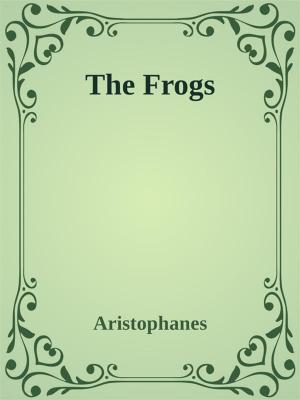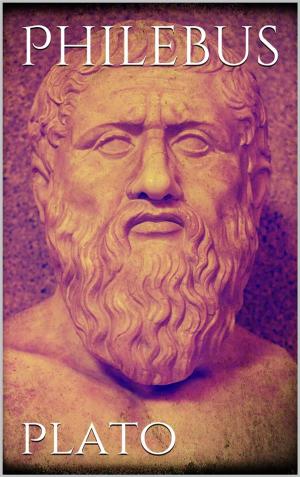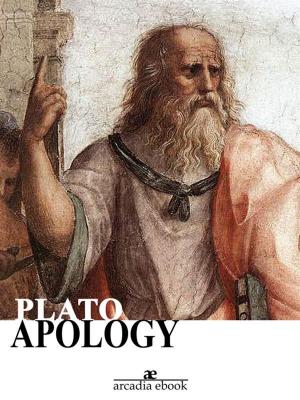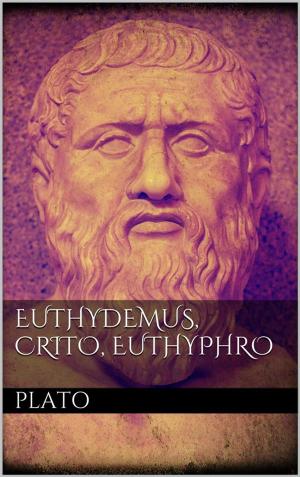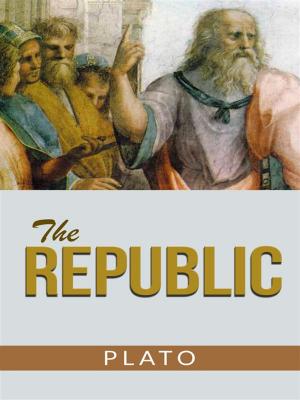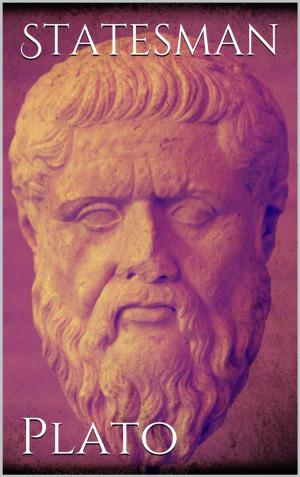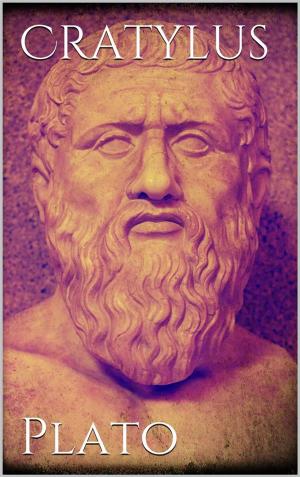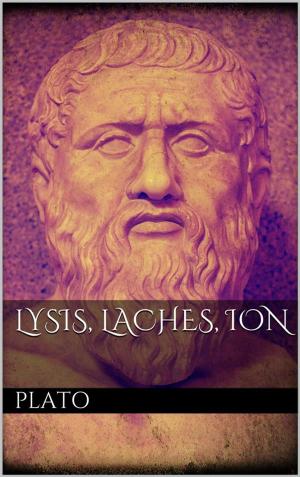| Author: | Plato | ISBN: | 9788892514966 |
| Publisher: | Plato | Publication: | November 5, 2015 |
| Imprint: | Language: | English |
| Author: | Plato |
| ISBN: | 9788892514966 |
| Publisher: | Plato |
| Publication: | November 5, 2015 |
| Imprint: | |
| Language: | English |
The subject of the Charmides is Temperance, a peculiarly Greek notion, which may also be rendered Moderation (Compare Cic. Tusc. '(Greek), quam soleo equidem tum temperantiam, tum moderationem appellare, nonnunquam etiam modestiam.'), Modesty, Discretion, Wisdom, without completely exhausting by all these terms the various associations of the word. It may be described as 'mens sana in corpore sano,' the harmony or due proportion of the higher and lower elements of human nature which 'makes a man his own master,' according to the definition of the Republic. In the accompanying translation the word has been rendered in different places either Temperance or Wisdom, as the connection seemed to require: for in the philosophy of Plato (Greek) still retains an intellectual element and is not yet relegated to the sphere of moral virtue, as in the Nicomachean Ethics of Aristotle.
The beautiful youth, Charmides, who is also the most temperate of human beings, is asked by Socrates, 'What is Temperance?' He answers characteristically, (1) 'Quietness.' 'But Temperance is a fine and noble thing; and quietness in many or most cases is not so fine a thing as quickness.'
The subject of the Charmides is Temperance, a peculiarly Greek notion, which may also be rendered Moderation (Compare Cic. Tusc. '(Greek), quam soleo equidem tum temperantiam, tum moderationem appellare, nonnunquam etiam modestiam.'), Modesty, Discretion, Wisdom, without completely exhausting by all these terms the various associations of the word. It may be described as 'mens sana in corpore sano,' the harmony or due proportion of the higher and lower elements of human nature which 'makes a man his own master,' according to the definition of the Republic. In the accompanying translation the word has been rendered in different places either Temperance or Wisdom, as the connection seemed to require: for in the philosophy of Plato (Greek) still retains an intellectual element and is not yet relegated to the sphere of moral virtue, as in the Nicomachean Ethics of Aristotle.
The beautiful youth, Charmides, who is also the most temperate of human beings, is asked by Socrates, 'What is Temperance?' He answers characteristically, (1) 'Quietness.' 'But Temperance is a fine and noble thing; and quietness in many or most cases is not so fine a thing as quickness.'
